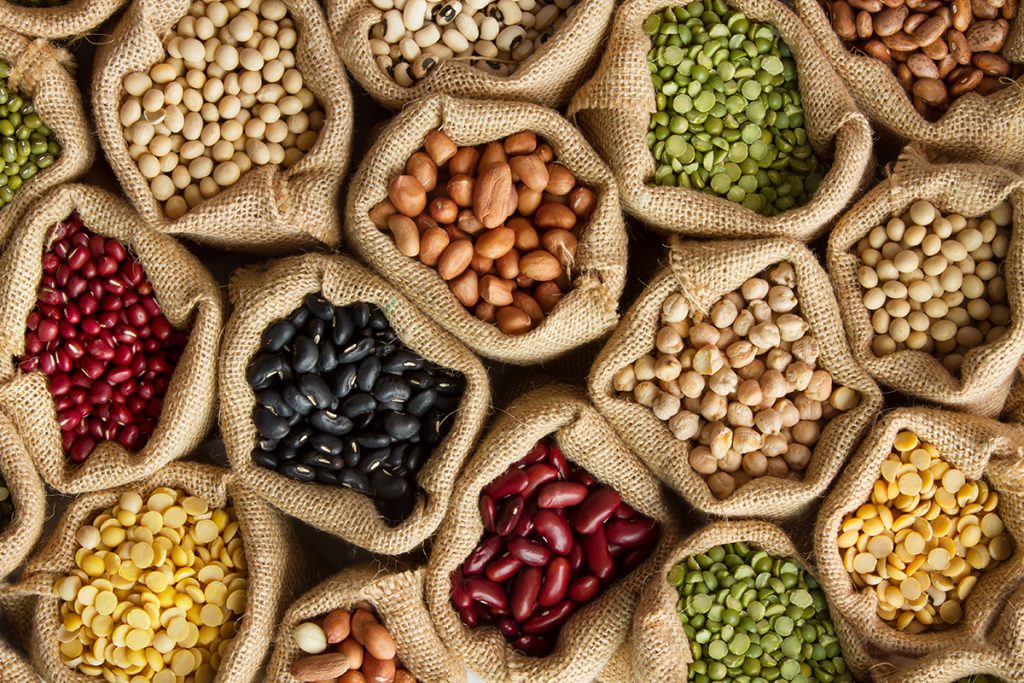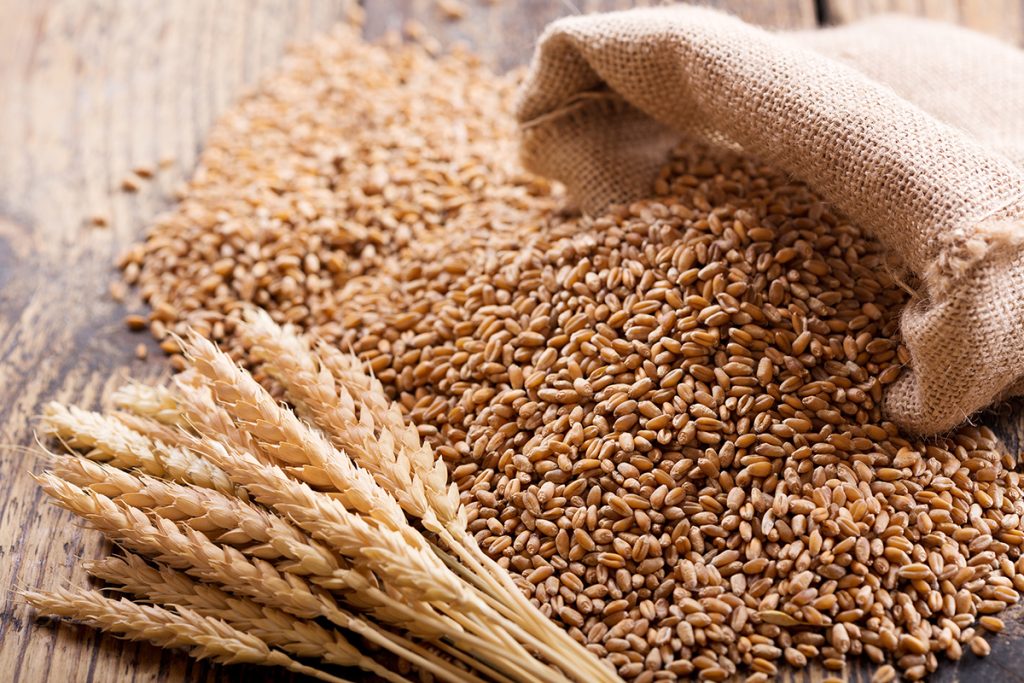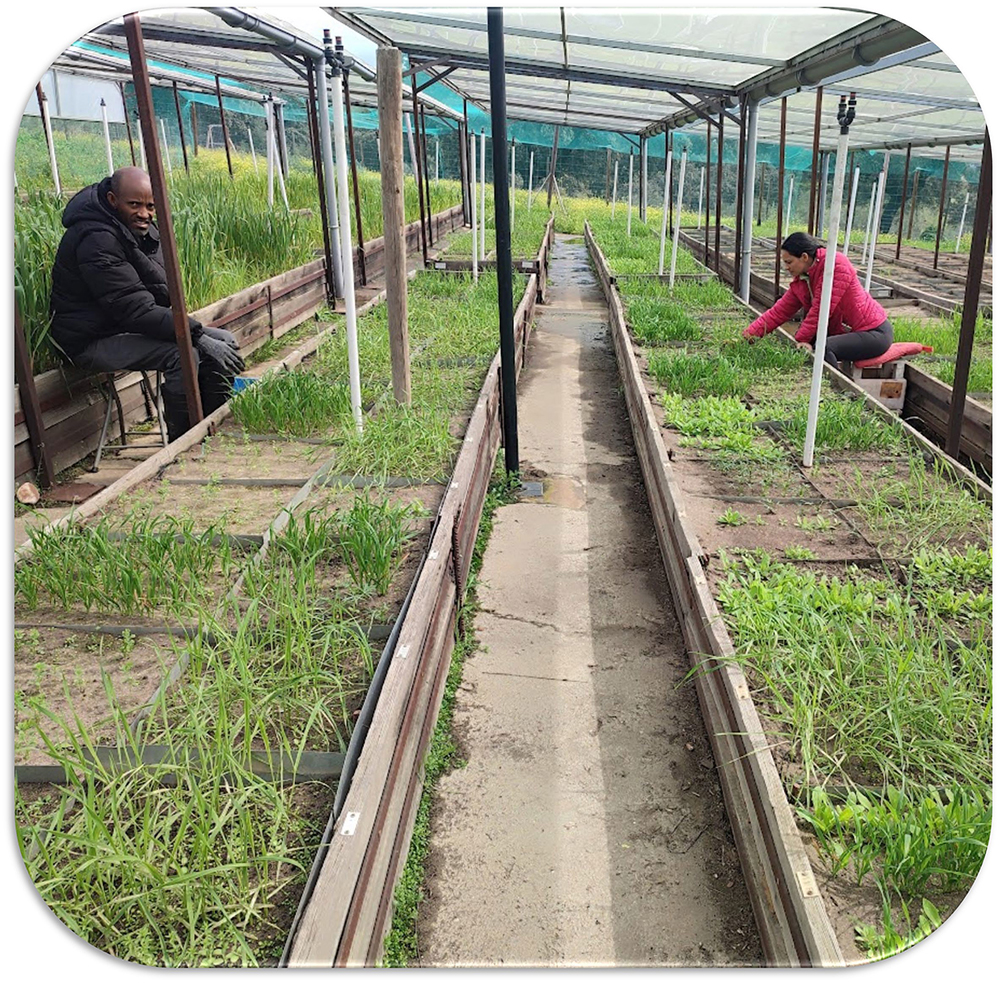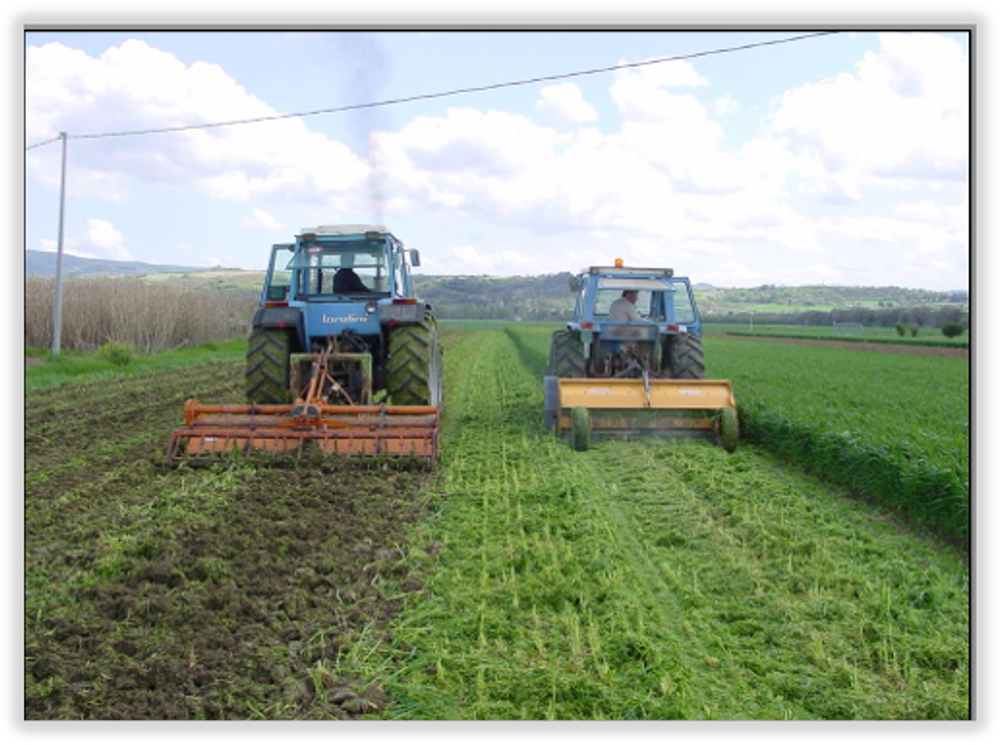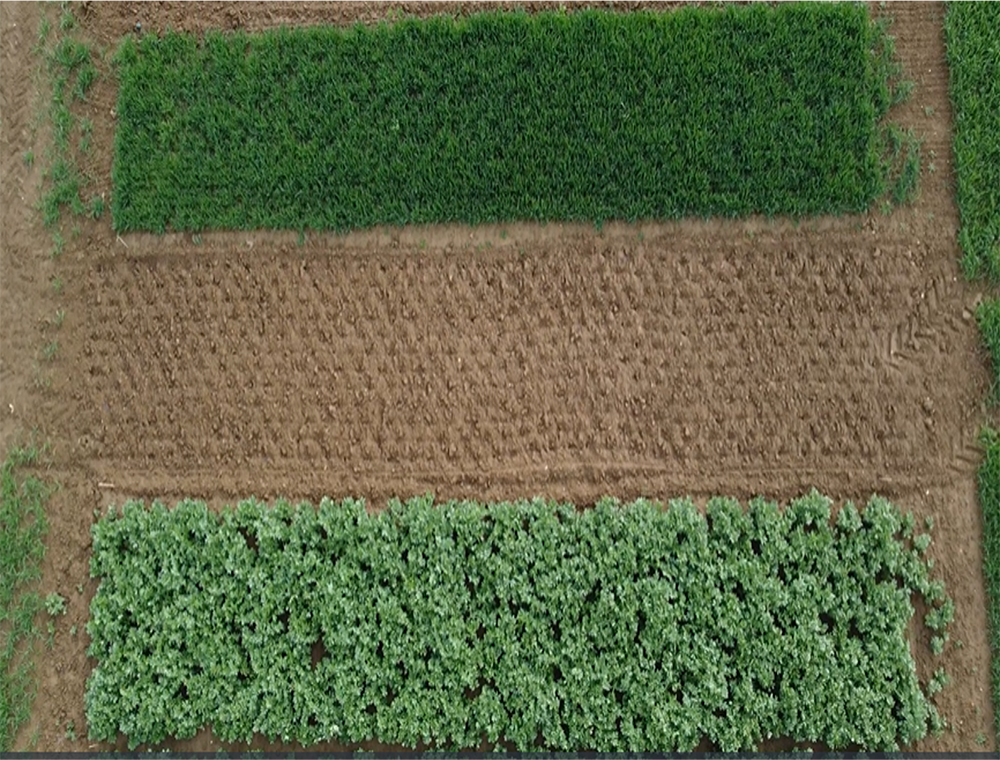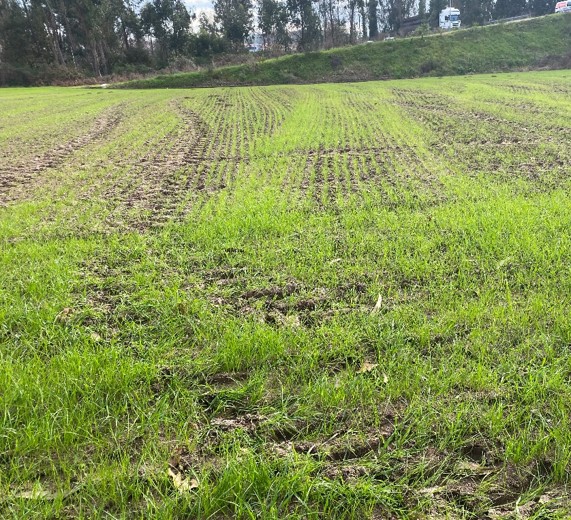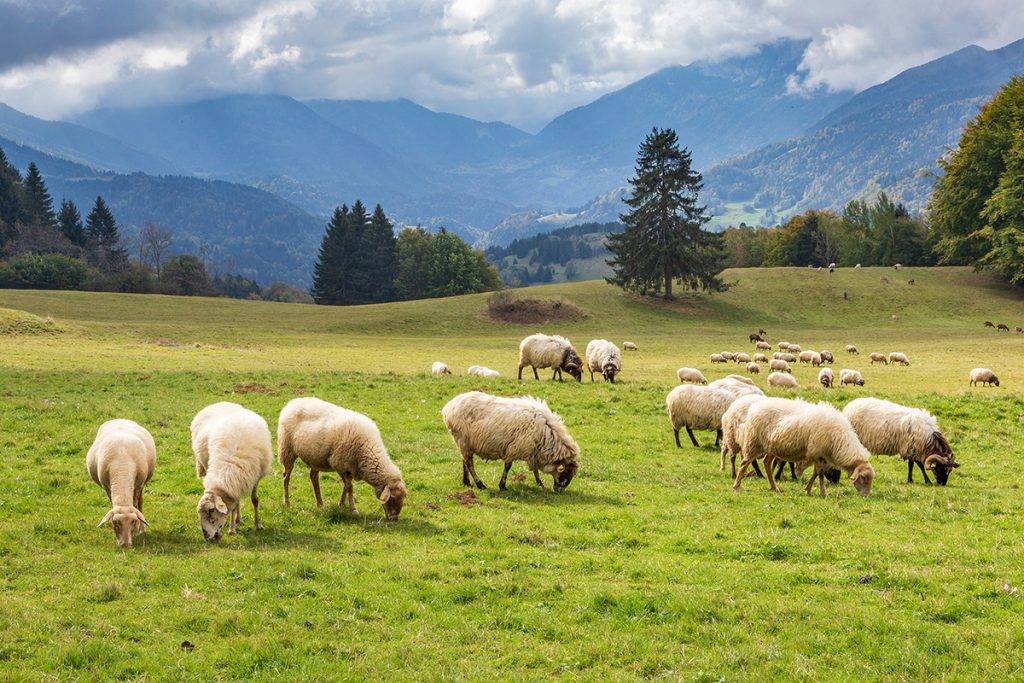PILOT STUDY 17: CROPPING SUCCESION BENEFITS (LEGUME ARCHETYPE TRIALS) ES
One of the most significant ecosystem services (ES) provided by legumes in arable systems is biological nitrogen fixation (BNF), contributing to nitrogen (N) provision for subsequent crops. However, this service is often undervalued or broadly generalized across regions and species, leading to potential over-fertilization and underestimation of legume contributions.
PILOT STUDY 17: CROPPING SUCCESION BENEFITS (LEGUME ARCHETYPE TRIALS) ES Read More »

